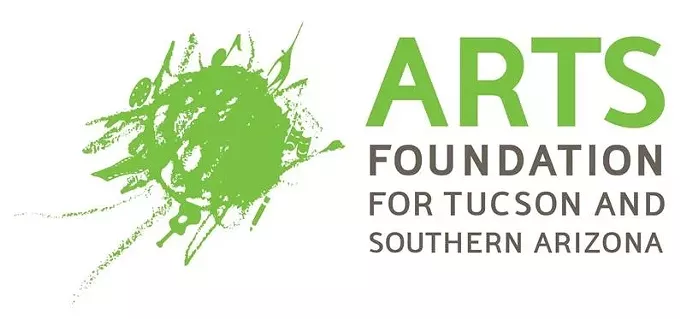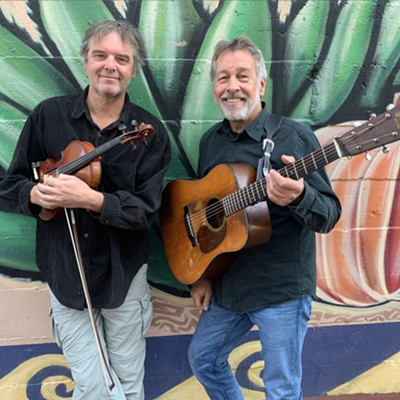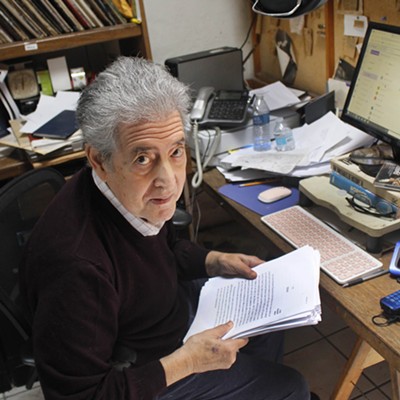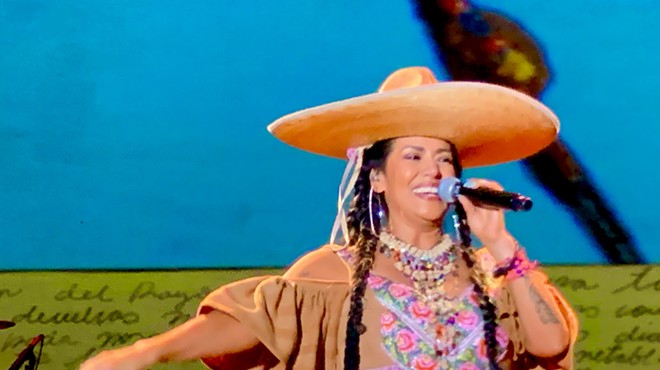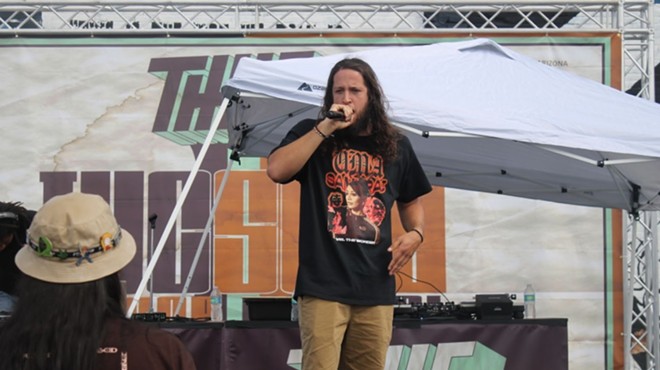Wednesday, April 8, 2020
Arts Foundation for Southern Arizona Announces $50,000 in Emergency Arts Grants
The Pivot Grant will fund “alternative methods” of sharing art in compliance with pandemic guidelines set up by the CDC. The grants will range from $500 to $1,000 to individual artists and $1,000 to $2,000 for nonprofit arts organizations creating and sharing art in a virtual, digital or socially distant manner.
“In crafting this call, I especially didn’t want to point to specific examples of messages or art, because I didn’t want it to seem exclusive to one type of method. I wanted this call to be open to the type of innovation we’re seeing across the field right now,” said AFTSA grants manager Natalia Gabrielsen. “We’re open to whatever kind of method folks are using right now to get their artwork out.”
The Emergency Relief Fund will provide emergency support for working artists, teaching artists or other arts contract-workers who have experienced canceled events, residencies or contracts. The fund was initially seeded with $130,000 from the Arizona Community Foundation, and $25,000 from the Arts Foundation for Tucson and Southern Arizona, with the submission process managed by the Arizona Commission on the Arts. Other fund partners include Artlink Inc., and the City of Phoenix Office of Arts and Culture.
According to Gabrielsen, the most money AFTSA previously put into a single grant, excluding their annual general operating support grant, is the $24,000 New Works Artist Project grant.
This funding will result in anywhere from 10 to 50 grants for Pima County artists and is expected to distribute by mid-May after a committee examines the online applications.
However, AFTSA board president Eva Romero says that $50,000 is “not even close to enough” to ease the burden of COVID-19 on Tucson’s arts community.
“The demand is way outweighing the supply… But it’s what we can do right now,” Romero said. “I really want to encourage anyone who can to give to either of the funds, or some of the other artist relief funds, because we need art not just in the way we used to think about it, but in the way it’s becoming essential now, and the way artists contribute to problem-solving in a totally different way.”


